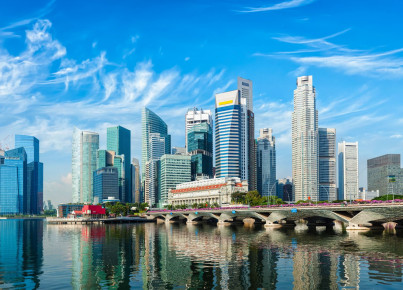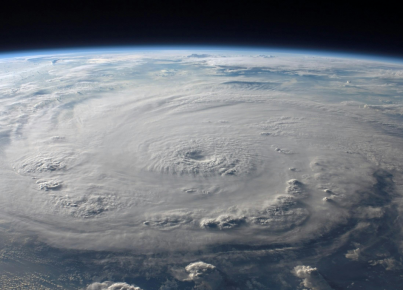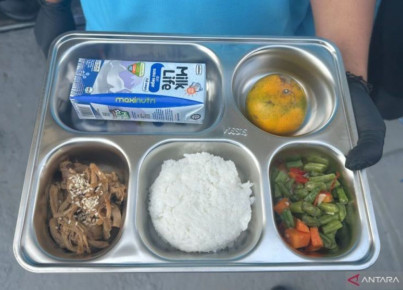Two years after the coup, the country also faces another problem on drugs
On February 1st, a silent protest pervaded the streets of Yangon. Many stores were closed and people stayed in their homes to send a signal to the government. This happened exactly two years after the coup that, in 2021, forced Aung Sang Suu Kyi under house arrest as the military junta regained power. Scenes, unfortunately, familiar to this Asian country that has been plagued by attacks on its democracy for decades. In the past two years, more than 3,000 people have lost their lives during protests and demonstrations of dissent against the military junta, and more than 1.5 million people have been forced to flee their homes, exacerbating endemic problems such as food insecurity and school dropouts as early as elementary school.
The serious political crisis facing the country is in addition to an increasingly precarious economic situation, which began with the COVID-19 pandemic that severely affected the country, dependent on international tourism. The situation further worsened with the departure of many multinationals from Yangon, which significantly contracted jobs and thus economic opportunities. More recently, Russia`s invasion of Ukraine, which caused a sharp increase in fertilizer prices and thus the cost of living for a predominantly poor and rural population, has caused the situation to slide into the abyss.
The impoverished economic conditions have, among other things, led Myanmar to resume and increase the cultivation of opium poppies, of which it is currently the second largest producer in the world after Afghanistan.
The so-called "Golden Triangle," or the region where Laos, Myanmar and Thailand meet, has historically been an important area of drug production, particularly heroin and methamphetamine. Decades of political instability have made Myanmar's border regions particularly porous, and therefore easily exploitable by drug producers and traffickers due to the limited border controls. Opium production and sales are in fact a major source of income for many families: the poppy grows easily, and its cultivation requires less effort than other agricultural products. However, before the coup the Country, benefitting from the political stability gained under the leadership of Aung San Suu Kyi, had gradually moved away from this illegal source of income, so much so that an all-time low in cultivated area was reached in 2020. But according to a recent UNDOC (United Nations Agency on Drugs and Crime) report, which used satellite imagery to monitor the area under opium cultivation, evidence has emerged that by 2022 opium production has almost doubled from 2020, indicating a U turn in the country’s plan to move away from drug production.
The increase in production and cultivated areas is found across the entire country, particularly in the border areas with China and Thailand, but the most pronounced turnaround was in the Shan region, where field data confirmed organized land exploitation for poppy cultivation of up to 84 percent of the land, according to the report.
But the chaos and instability rocking the country are not only increasing the opium trade: several raids conducted by Myanmar's army and police in recent years have led to the seizure of large quantities of chemical narcotics such as methamphetamine and methylfentanyl, much of which is destined for export to neighboring countries. For years in fact, the country had already become notorious for the production of "yaba," a synthetic drug containing caffeine. Proof that the illicit operations of local producers across the border have not been hampered by COVID-19 or the post-coup unrest in Myanmar; rather, as it turns out, the opposite is true.






